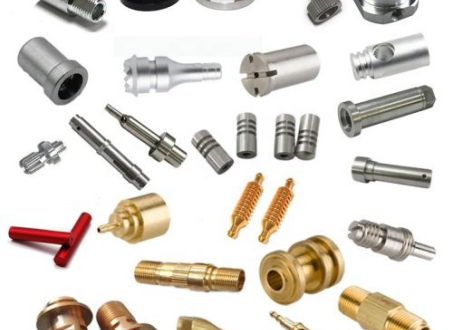Precision In the CNC milling and turning process, a machine is utilized to cut the material into smaller, more exact pieces. This machining is often employed in aerospace and car manufacturing sectors to eliminate excess material or produce intricate patterns. This article will teach you more about this technology and its use in various industries.
What Exactly Do CNC Milling and Turning Mean?
CNC milling and turning are computer-assisted manufacturing processes that use rotating tools to cut and shape solid material blocks as they go around the block. CNC milling and turning are used in various sectors, including aerospace, automotive, medical, and military.
Traditional CNC milling and turning procedures provide benefits such as greater accuracy and speed. Furthermore, CNC milling and turning may produce complicated geometries that are not attainable with traditional manufacturing techniques.
Applications in Industry
There are many benefits of industrial CNC turning and milling over conventional machining processes. These devices can create complicated features and precise geometries that standard manufacturing processes cannot match. The following are just a few examples of industrial CNC machining applications:
- Aircraft Parts: CNC machining can produce exact shapes, but manufacturing complicated curves and angles using conventional techniques is difficult and time-consuming.
- Medical Equipment: Precision machining is required to produce medical implants, prosthetic limbs, and other medical equipment.
- Vehicle components: Using traditional techniques, it is difficult to generate exact features on car parts; however, CNC milling may readily achieve these criteria.
- Furniture: Producing high-quality furniture is difficult, but complicated designs may be produced swiftly and effectively with the aid of industrial CNC machining.
Conclusion
CNC milling and turning are critical technologies for producing high-quality components in today’s industrial sector. Milling creates complicated structures from flat blanks, while turning creates complex components from round or curved blanks. As a result, you may quickly make components that meet or exceed industry requirements with the correct machine settings. For example, if you’d like to learn more about how CNC milling and turning may assist your company, the AS PRECISION team is ready to provide skilled CNC milling service.
 Magazine Today
Magazine Today

